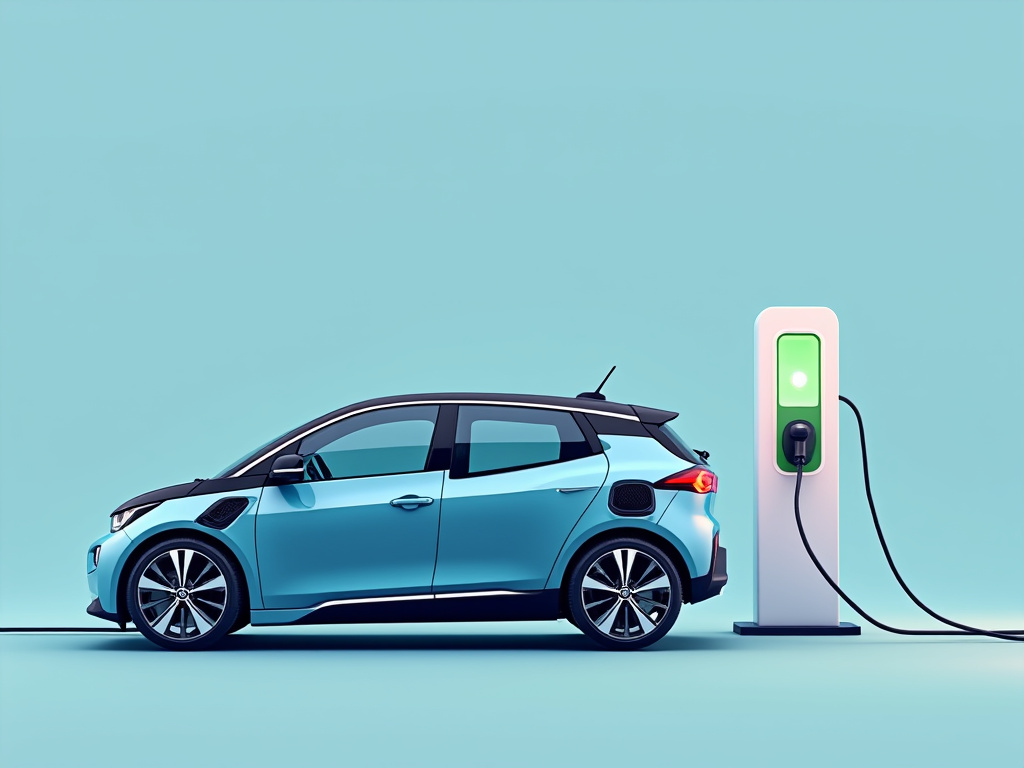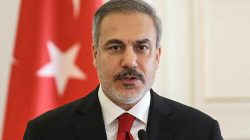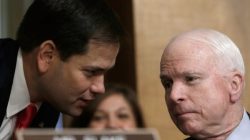The Emergence of Pakistan’s Electric Vehicle Industry
Pakistan’s electric vehicle (EV) industry is still in its early stages, often likened to a newborn that requires time and care to grow. Despite this, the government has taken significant steps to promote EV adoption through the National Electric Vehicle (NEV) Policy 2025-30. This initiative aims to not only increase the number of electric vehicles on the road but also to develop essential infrastructure such as charging stations across the country.
Global EV brands like BYD, Deepal, and MG have begun to enter the Pakistani market, signaling growing interest from international players. However, despite these positive developments, Pakistan still lacks a robust ecosystem necessary for widespread EV use. Experts believe that while progress is being made, there are several challenges that need to be addressed before the EV sector can fully flourish.
Government Efforts and Challenges
Automobile consultant Shafiq Ahmed Shaikh has acknowledged the government’s serious efforts in promoting electric vehicles. He emphasized that while the current EV infrastructure cannot match the well-established gasoline vehicle setups overnight, continued support could lead to reliable charging networks, quality spare parts, and advanced EV models becoming available locally. Shaikh also pointed out that international EV companies are showing keen interest in investing in Pakistan, which could further accelerate the growth of the sector.
Industry expert Syed ShabbirUddin highlighted the importance of a stable, long-term policy to localize key EV components such as chargers and motors. He noted that Pakistan has access to important raw materials like copper, which could be leveraged to build a more self-sufficient EV industry. However, he warned that without a 10-year incentive-backed framework, Pakistan risks falling behind regional competitors who are rapidly advancing their EV industries. Simply assembling imported EVs will not be enough to create a sustainable and competitive market.
Environmental and Economic Benefits
Syed Asif Ahmed from MG Motors explained that the NEV Policy will play a crucial role in reducing harmful emissions, which currently account for 43% of air pollution in Pakistan. By promoting zero-emission and plug-in hybrid vehicles, the policy aims to improve urban air quality and public health. It also aligns with Pakistan’s broader climate goals, including achieving a net-zero transport fleet by 2060.
Experts agree that the EV sector in Pakistan is gradually gaining momentum and moving in the right direction. However, they stress the importance of ensuring that tax benefits reach consumers and that the government continues to provide support to the industry. This will make EVs more affordable, reduce fuel costs, and contribute to lower pollution levels across the country.
Future Outlook
While the path to a fully developed EV industry in Pakistan may be long, the current initiatives and growing interest from both local and international stakeholders indicate a promising future. With sustained efforts and strategic planning, Pakistan has the potential to become a key player in the region’s EV market. The success of the NEV Policy will depend on how effectively it addresses existing challenges and fosters an environment conducive to innovation and investment in the electric vehicle sector.







